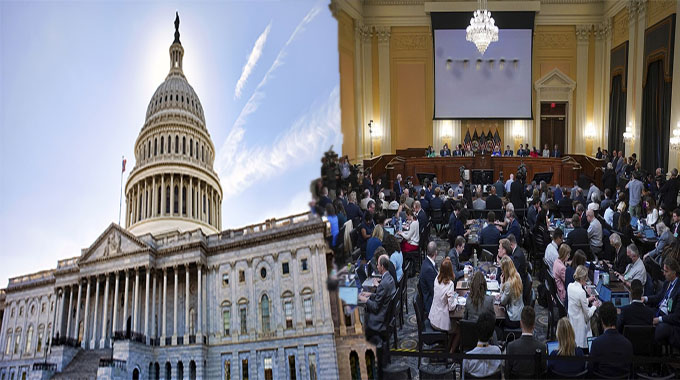The House Committee on Financial Services, often called the banking committee, has the power to regulate the vast banking, credit card, and securities industry, as well as the Department of Housing and Urban Development. With liberals eager to help consumers and protect consumer rights, the committee has been a hotbed for consumer protection legislation. However, the committee has strayed from its stated mission. In 2016, it passed the Dodd-Frank financial reform bill, a key piece of legislation that has largely been overshadowed by scandals.
Oversees all components of the nation’s housing and financial services sectors
The House Financial Services Committee has received its first Congressional committee appointment. Its members oversee banking, real estate, assisted housing, and securities. It also reviews laws relating to the HUD, FDIC, and international development agencies. The committee ensures enforcement of housing and consumer protection laws, such as the Truth in Lending Act, the Fair Credit Reporting Act, and Community Reinvestment Act. It also oversees financial privacy laws.
Holds oversight hearings on money laundering, homelessness and driverless cars
The House committee on financial services has recently held oversight hearings on money laundering, driverless cars and homelessness. Among other topics, the committee has investigated how driverless cars will affect the auto insurance industry. The hearings are expected to continue throughout the year. Further details are expected to be released soon. Below is a list of topics that will be addressed at the hearings.
The committee is chaired by Reps. Thomas Suozzi, Democrat from Florida, and Rep. Brian Fitzpatrick, Republican from Pennsylvania and Ohio. Other members are Reps. Andre Carson, Democrat from Indiana, Rep. Ann Wagner, Democrat from Missouri, Rep. Elenaor Holmes Norton, a Delaware Democrat, Rep. Roger Williams, Republican from Texas, and Reps. Tom McClintock, Democrat from California and David Rouzer, Republican from North Carolina.
Holds investigative oversight hearings on abuse of power
The House financial services committee is one of many that hold investigation oversight hearings on corporate abuses of power. The 116th Congress marked the return of Democrats to control of the House chamber, and Democrats have increased the scope and power of their investigative oversight hearings. The 115th Congress also added new investigative tools and expanded the tools that the previous Republicans used. Over the next few weeks, committees will be forming, and there is the potential for additional investigative tools to be added to their arsenals.
The success of such investigations often relies on a triangulation of public-interest groups, media figures, and oversight staff. The Washington Post’s Morton Mintz has recalled attending numerous oversight hearings and writing up his findings. He later confirmed that he was contacted by committee staff to write up the hearings. He would then send his write-ups to the public-interest groups, which amplified his work.
Focuses on replacing Dodd-Frank Act
The House Committee on Financial Services has passed a bill to overhaul the federal approach to regulating Wall Street banks. The bill, called the Financial CHOICE Act, passed the House Rules Committee by a vote of 231-188, along party lines. It would make significant changes to how financial regulators operate and would require the Financial Stability Oversight Council to repeal previous designations. The final vote on the bill is expected to take place on the House floor.
The legislation would create a new body, called the Consumer Financial Opportunity Commission, to focus on consumer protection and market competition. It would be subject to congressional oversight and require Federal Reserve transfers. It would also create an independent inspector general, raise the bank supervision threshold from $10 billion to $50 billion, give defendants in administrative cases the right to remove their case to federal court, and make clear that Dodd-Frank’s three-year statute of limitations applies to the Bureau of Consumer Financial Services.













